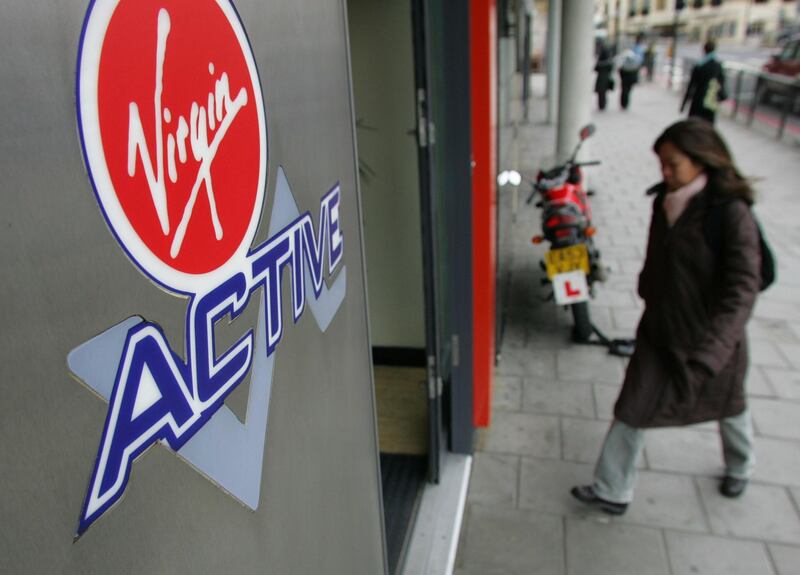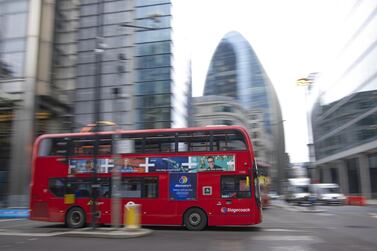A judge in London ruled that gym chain Virgin Active can wipe out the rent arrears on most of its venues and avoid future steep payments, despite the opposition of a majority of its creditors.
The decision represents a victory for tenants and a blow for landlords, with other companies now likely to seek a reduction in their debt pile using the same tool. Rent arrears have been building since March last year when non-essential businesses were forced to close or operate with restrictions due to the pandemic.
During the hearings, the company owned by South African investment company Brait and billionaire Richard Branson argued that without the plan it would go into administration; a worse outcome for most classes of creditors.
In response, the landlords – Aberdeen Standard Investments, British Land, Land Securities and a fund managed by Knight Frank Investment Management – said that the company could have tried other options, such as selling the business or some assets, to tackle the situation.
Ultimately, Judge Richard Snowden ruled that with the restructuring plan “no member of a dissenting class will be any worse off than they would be in the relevant alternative”.
Virgin Active celebrated the ruling as a fair solution that will allow the gym chain to “emerge from the crisis as a stronger business”.
Landlords, however, expressed concern about the wider implications of the ruling.
“This restructuring plan sets a dangerous precedent and demonstrates how the law is now allowing wealthy individuals and private equity backers to extract value from their businesses in good times but later claim insolvency,” wrote Melanie Leech, chief executive of British Property Federation, in an emailed statement.
While the Covid-19 pandemic has brought hardship to businesses, “it has also been cynically used as an excuse to shift onto property owners the cost of years of failings and underinvestment”, Ms Leech added.
The ruling increases the likelihood that future restructuring plans “will be run with insufficient consultation and transparency with key creditor groups”, a spokesperson for Land Securities wrote in an emailed statement.
Virgin Active is the first company to use insolvency rules approved last year which force landlords to accept losses even when fewer than three-quarters of the firm’s creditors agree. UK car park operator NCP is now seeking relief for its rental costs under the same criteria.
The gym group’s rent bill is set to reach £30 million ($42m) by the end of May, according to court documents.
Prior to the pandemic, the UK’s standard restructuring tool to deal with unsecured creditors like landlords consisted of a company voluntary arrangement, which requires approval by 75 per cent of relevant creditors.
Under the so-called “cross-class cramdown” rule, companies just need one class of creditors to support the restructuring, but still require court approval for their plans.
A government-imposed moratorium on forfeiture action, preventing landlords from taking control of the asset if the tenant fails to pay, has been in place for more than a year and is set to be lifted in June.
The Virgin Active case represents a huge victory for tenants and more companies will consider this tool now that there is more certainty about how a court will see certain approaches, according to Ian Corfield, a restructuring partner at FRP Advisory. Going forward, landlords will have to be more creative to avoid the imposition of losses by a minority of creditors.
“These are the rules, and the only way to change them is by constant challenge, constant evolution and coming up with more creative solutions,” said Mr Corfield.







